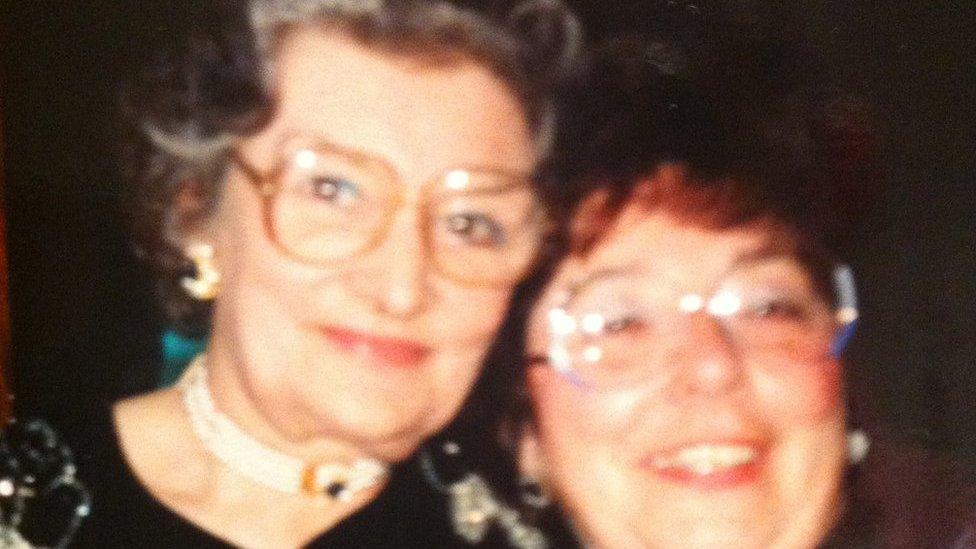Warning over power of attorney risks
- Published
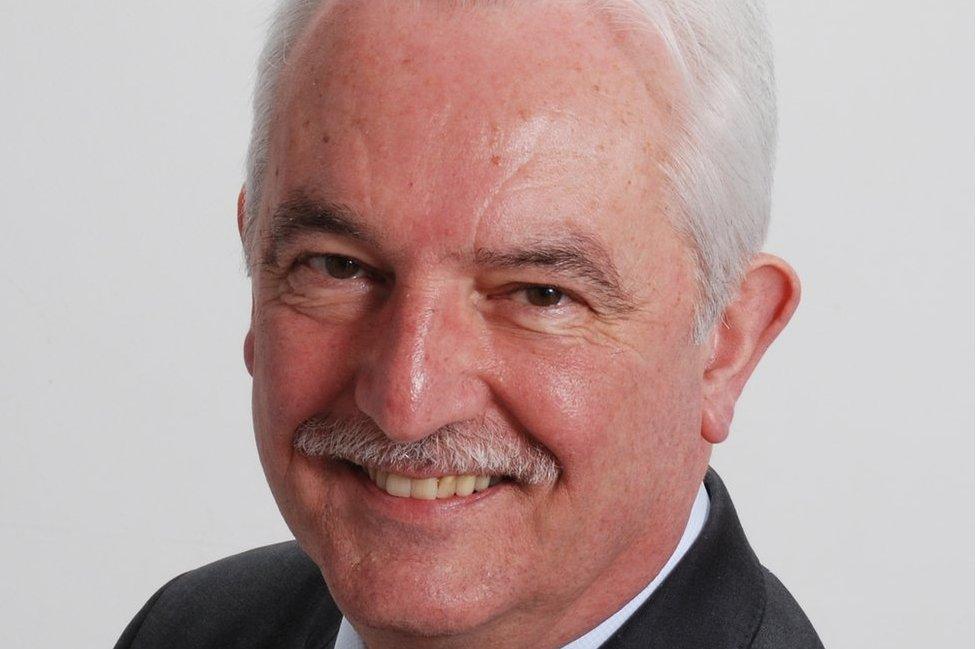
Denzil Lush says the power of attorney can have a "devastating" effect on families
A retired senior judge has warned of the lack of safeguards in the power of attorney system in England and Wales.
Denzil Lush says people should be far more aware of the risks and has vowed to never sign one himself.
The enduring or lasting power of attorney is a legal document, which allows someone to make your financial decisions when you can no longer do so.
Last year, almost 650,000 applications were made to register the document and there are 2.5m currently registered.
A power of attorney can, Mr Lush warns, have a "devastating" effect on family relationships.
For 20 years he was the senior judge in the Court of Protection, which looks after the interests of people who do not have the capacity to look after themselves.
Mr Lush, the author of the definitive legal guide to this area, has adjudicated in 6,000 power of attorney cases.
'Vigorous campaign'
In a new foreword to his book, he says the "lack of transparency causes suspicions and concerns which tend to rise in a crescendo and eventually explode".
He says the Ministry of Justice (MoJ) has been "disingenuous" in promoting them.
The legal document's popularity has been the result, he says, of a "vigorous campaign" by the MoJ and its agency the Office of the Public Guardian (OPG), which administers the system.
A report by Brunel University in 2016 found that there was no systematic collection of official data on financial abuse.
This is despite local authority safeguarding returns indicating it was the third most common form of abuse.

'War veteran's money and medals stolen'
A neighbour stole thousands of pounds from Lesley Willett's father
Frank Willett, a Dunkirk and Normandy veteran, was exploited by his neighbour Colin Blake.
In 2003, when Frank was in his early 80s and suffering from dementia, he made his neighbour Colin Blake his attorney, giving him responsibility for his financial affairs.
That year, Blake withdrew nearly £9,000 from Mr Willett's account in a single transaction.
As he had power of attorney, the bank didn't contact Mr Willett's relatives. Blake drew out more money, using the sums to pay his own bills.
In early 2008, Mr Willett's daughter Lesley managed to revoke the power of attorney but discovered all of her father's money had gone. His medals - from 35 years service in the Army - had gone too.
Her mother's wedding ring and her jewellery and all the family photographs and documents had also disappeared.
"It was devastating," she said. "It took his memories."

Mr Lush described it as a "crusade" which "demonised" the legal alternative - the appointment of deputies by the Court of Protection itself.
The retired judge said there is far more scrutiny from the outset with a deputy as they have to provide a full list of assets, and annual accounts.
Deputies also have to provide a security bond, which can be easily claimed if there is a problem with money being spent inappropriately.
It is more expensive than power of attorney, but Mr Lush believes it is worth £320 a year to have the safeguards.
The Ministry of Justice said: "Safeguarding vulnerable people is our priority.
"We take swift action if any abuse is reported and have a zero tolerance approach to any attorney or deputy who breaks the law."
They also said the number of investigations into attorneys by the Office of the Public Guardian had risen by nearly 50% compared with last year.
- Published15 August 2017
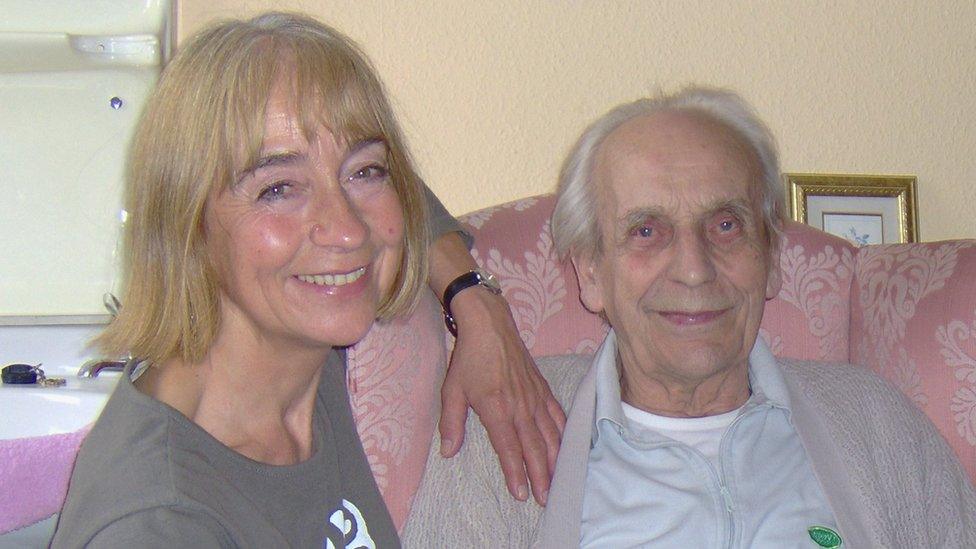
- Published13 July 2017
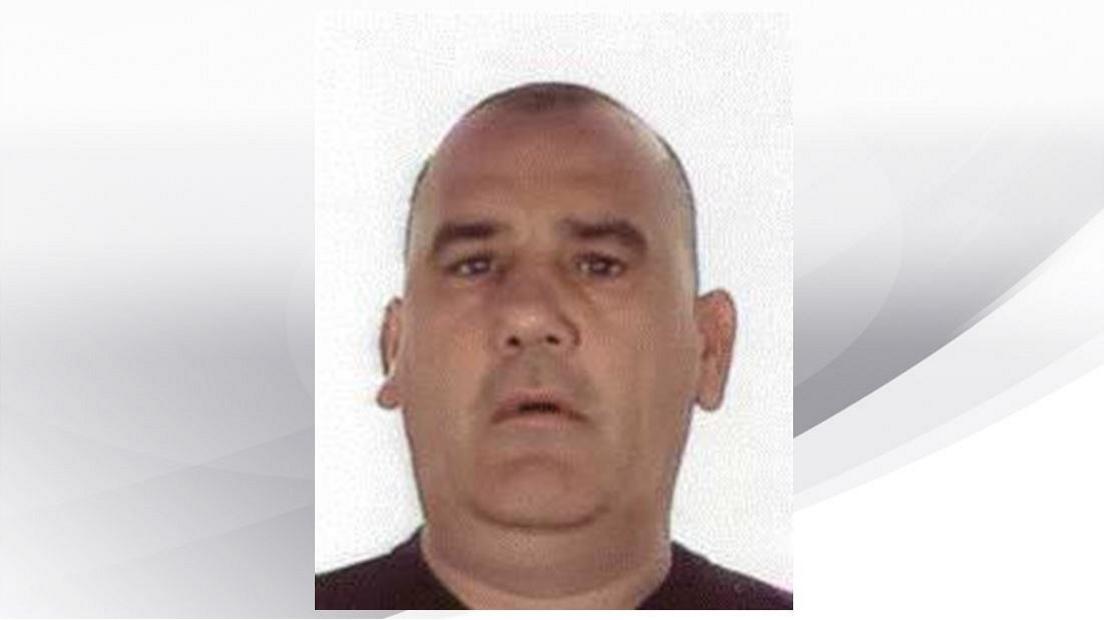
- Published30 March 2017
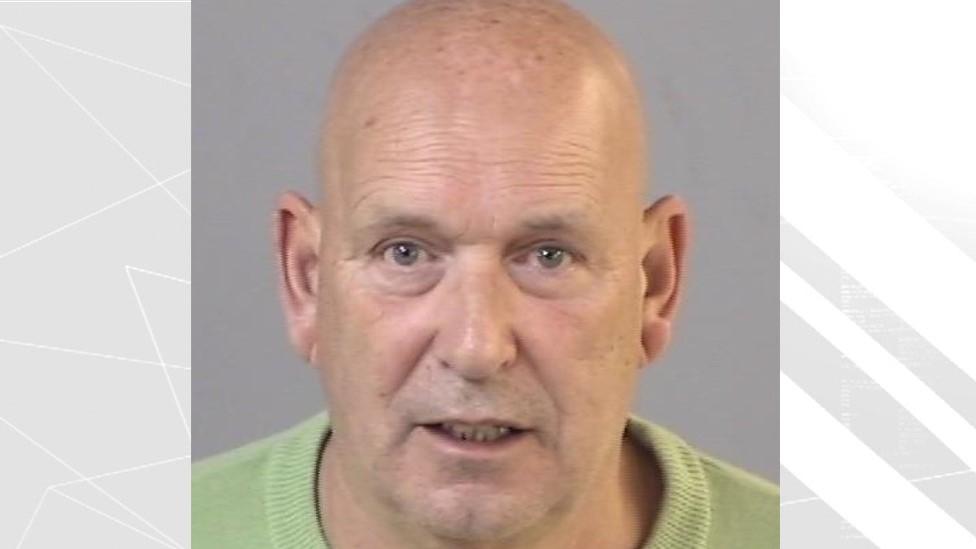
- Published16 January 2017

- Published21 December 2016
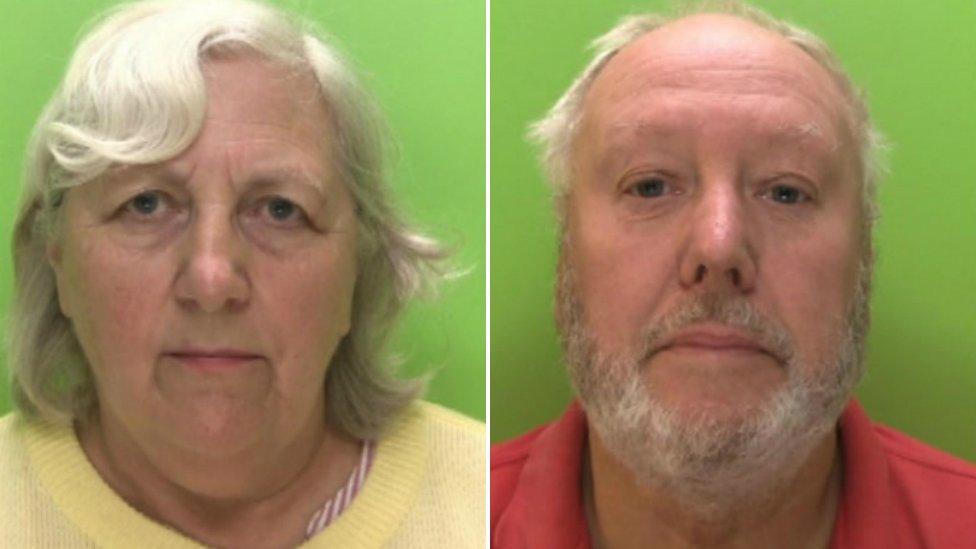
- Published8 January 2016
